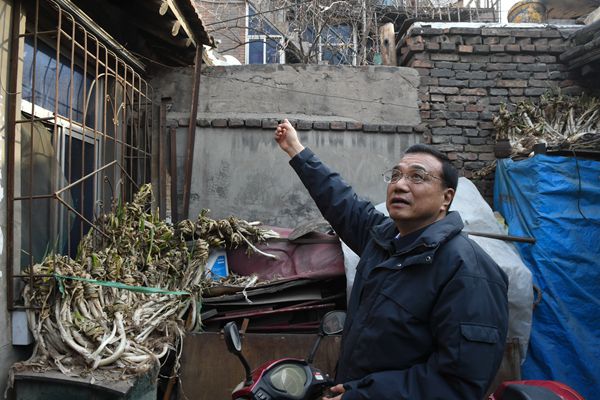
Premier Li Keqiang visits a slum area in Taiyuan, north China’s Shanxi province on Jan 4, 2016. [Photo/Xinhua]
In his government report this year, Premier Li Keqiang said: “People’s livelihood is the most significant issue in politics. The government should work hard to benefit every citizen living in the country.” Since Premier Li assumed office, he has talked a lot about people’s livelihoods.
On July 5
“People’s livelihood should not be damaged by flood storage. We will try our best to make your lives better.”
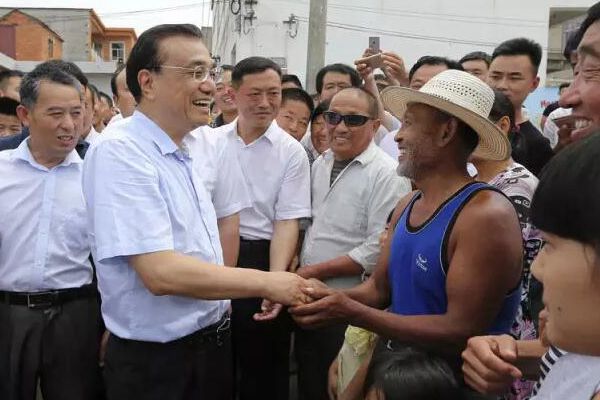
Premier Li made these remarks during a visit to a flood-storage village in middle China’s Anhui province on July 5, 2016.
Located in a flood storage area, some of the land in the village would be submerged during floods to store water temporarily, which would hinder the farming and daily lives of some villagers. Therefore, Premier Li urged the local government to provide enough food and medicine to villagers during floods and to enhance people’s livelihood.
On May 23
“During the process of cutting industrial overcapacity, the government should make sure that excess workers can find other jobs, and provide social insurance to them.”
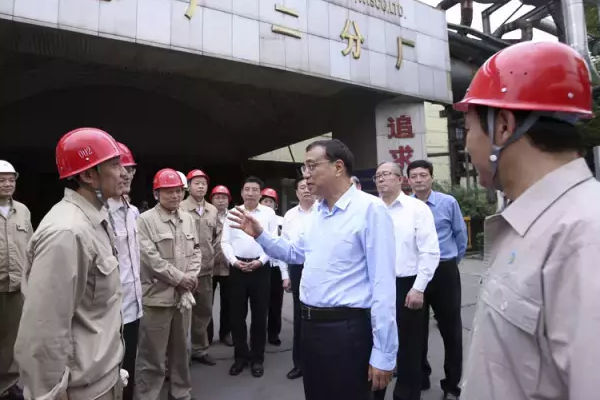
Premier Li said this when he inspected the Wuhan Iron and Steel Corporation on May 23, 2016. The factory plans to cut the capacity by 4.42 million tons of steels this year.
On April 24
“The buildings of schools and hospitals should be solid enough to make people feel safe.”
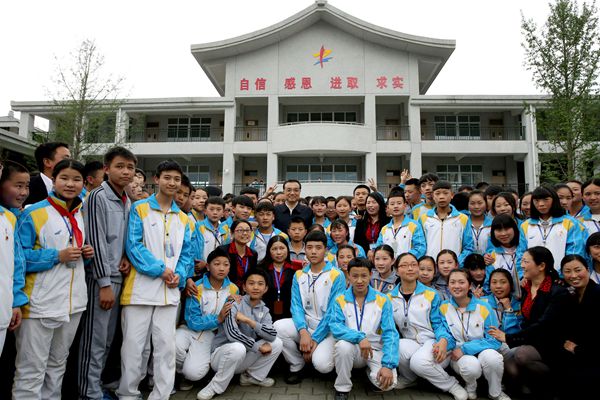
Premier Li made these remarks during a visit to a middle school in southwest China’s Sichuan province on April 24, 2016. The school had been severely damaged during an earthquake erupted on April 20, 2013 in Ya’an city, Sichuan province. After the earthquake, the school was rebuilt with a large and modern schoolyard.
On April 15
“Universities should enroll more students coming from rural and poor areas. These students should be given more opportunities to change their lives.”
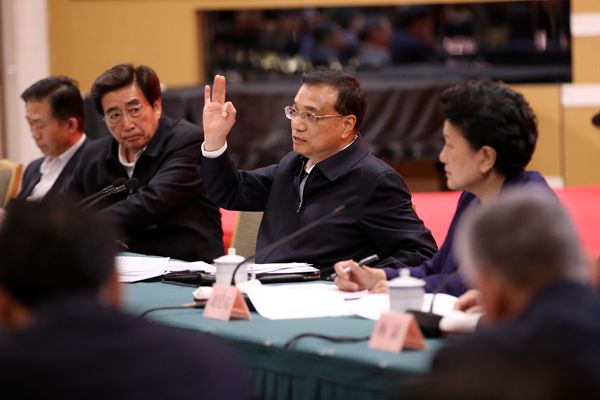
Premier Li said this at a conference on education reform on April 15, 2016. He called for more equal education in China and for better education for poor students.
On April 13
“The quality of vaccines is crucial to people’s health, especially for children. It is a bottom line of the society.”
Premier Li made these remarks at the State Council executive meeting on April 13, 2016. During the meeting, he heard an investigation report into a case of illegal vaccine business operations committed in east China’s Shandong province. He said criminals in the case should be punished according to the law.
On March 16
“The government will take two years to make sure that the elders’ hospitalization costs in a different province can be reimbursed.”
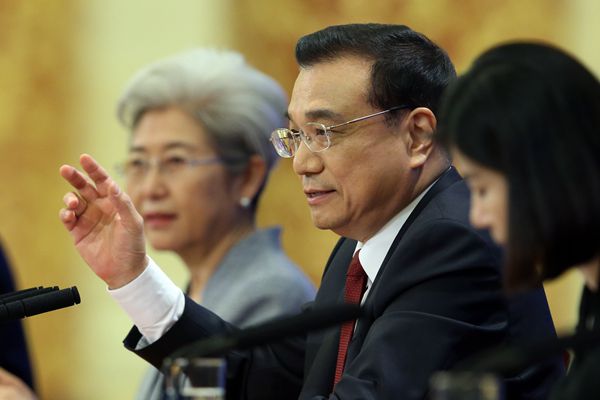
Premier Li said this at a news conference on March 16, 2016. He promised the government would build a national network of health insurance so that the non-local healthcare costs could be reimbursed. “This issue should not be people’s pain point any more,” he said.
On Jan 27
“Left-behind children should be given more protection and love.”
Premier Li made these remarks at the State Council executive meeting on Jan 27, 2016. He called for more protection and love for left-behind children in rural areas, and said the government would encourage more community services and NGOs to help.
On Jan 26
“All of the government’s jobs should serve the people. We must give benefit and convenience to citizens.”
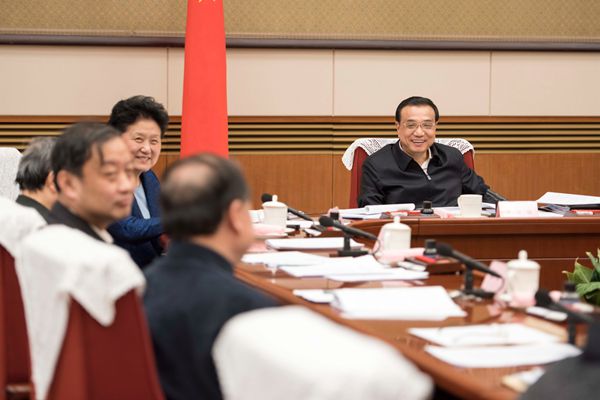
Premier Li made these comments at a news conference held on Jan 26, 2016. Representatives from different sectors, including education, science, culture and sports, attended the meeting and made suggestions to the government. “The government must do its best to solve the problems of citizens and fulfill their will,” he said.
On Jan 4
“I also grew up in a slum area. I know your hardship.”
Premier Li said this during a visit to a slum area in Taiyuan, north China’s Shanxi province on Jan 4, 2016. There were 830 families living in the slum area, which only had one water faucet, one toilet and did not have heating or sewers. After knowing that there were more than 80 slums like that in Taiyuan, he said, “There are still many people in China living in such slums. So, we should work much harder to solve this issue.”
